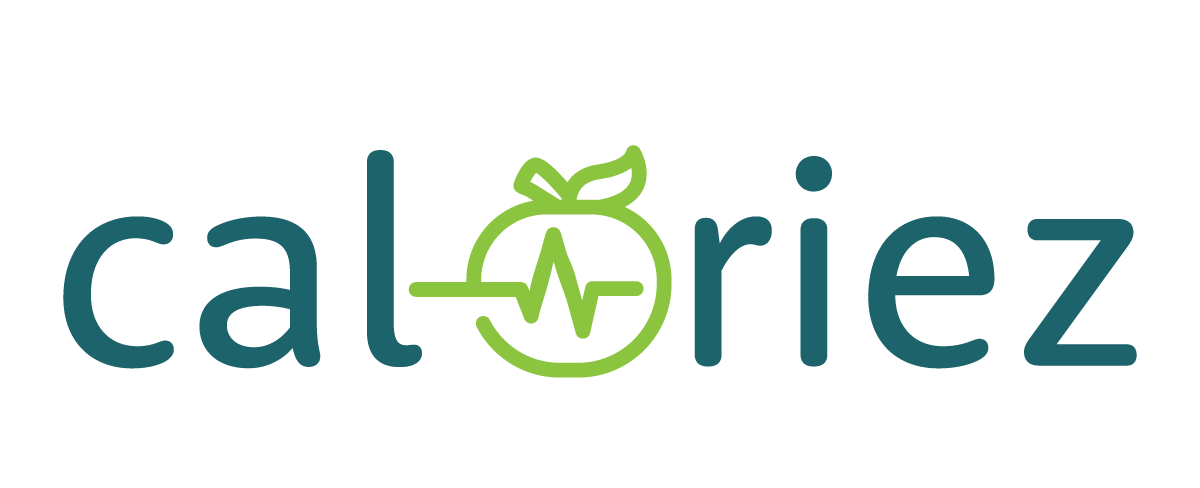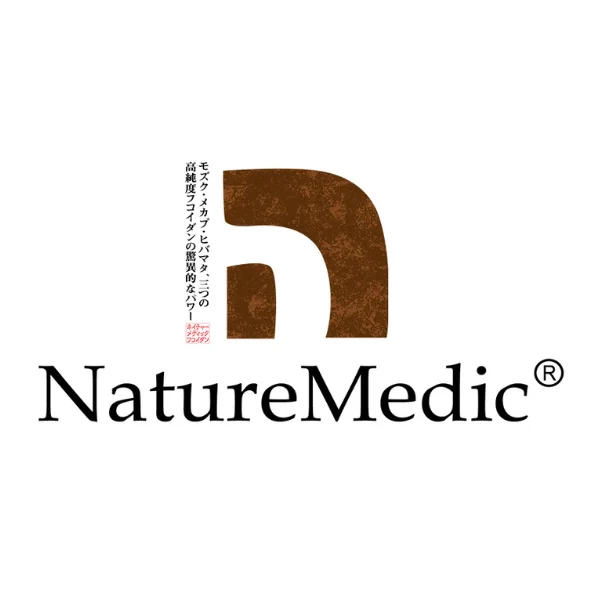Whether or not you’re a feta fiend or a Stilton stan, you recognize your fave dairy snack is certain to fill you up. However you may additionally surprise: Does cheese have protein, or is there another excuse it makes for such a satisfying nibble?
Quick reply: Sure, cheese, as a dairy meals, is a wealthy supply of protein. Extra particularly, it comprises the 2 main sorts present in milk: casein protein, which accounts for about 80% of the overall protein content material, and whey protein, which is answerable for the opposite 20%. Each of those are thought-about full proteins, which means they pack all 9 important amino acids.
Along with that, cheese additionally brings different vitamins to the desk, together with calcium, phosphorus, potassium, and fat, Vincci Tsui, RD, an authorized intuitive consuming counselor based mostly in Canada, tells SELF. In truth, that fats content material performs a job in serving to maintain you full too.
However not all varieties of cheese—and there are greater than 2,000 of them by some estimates—comprise the identical quantity of protein. Simply as they fluctuate in style and texture (examine a delicate wedge of Brie to a troublesome wheel of Parmesan, for instance), so do they differ in that necessary macro. So what sorts will give you essentially the most bang in your buck? SELF reached out to a couple dietitians for his or her ideas. Listed here are some choices to think about whenever you’re craving a dairy-based protein supply that has slightly extra vary than plain ol’ milk.
On the subject of protein, tougher is often a greater wager than softer in its bang in your buck.
Lengthy story brief: Texture issues. Yep, firmness generally is a strong (get it?!) indicator of protein content material, in line with Tsui. “Usually, the tougher cheeses, like Swiss or cheddar, are going to be larger in protein than [softer ones like] your Brie and Camembert,” she says—at about eight grams per ounce, on common, Desiree Nielsen, RD, a recipe developer with a give attention to plant-based vitamin, tells SELF. Moisture content material is a giant motive why. Tougher cheeses have a better proportion of protein to cheese as a result of they maintain much less water. Mainly, all of the vitamins are simply extra densely packed, which means you get lots in a smaller bundle.




